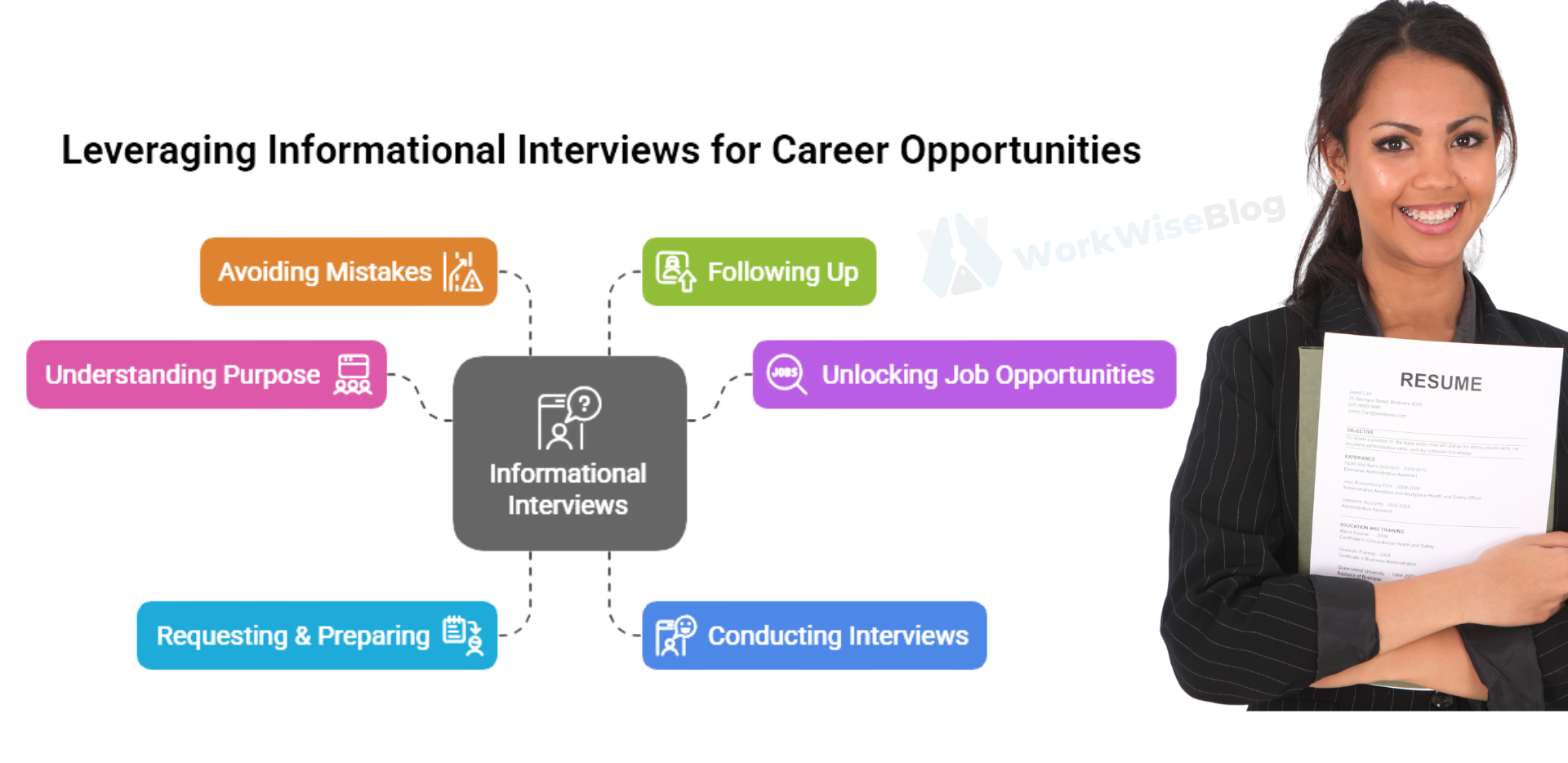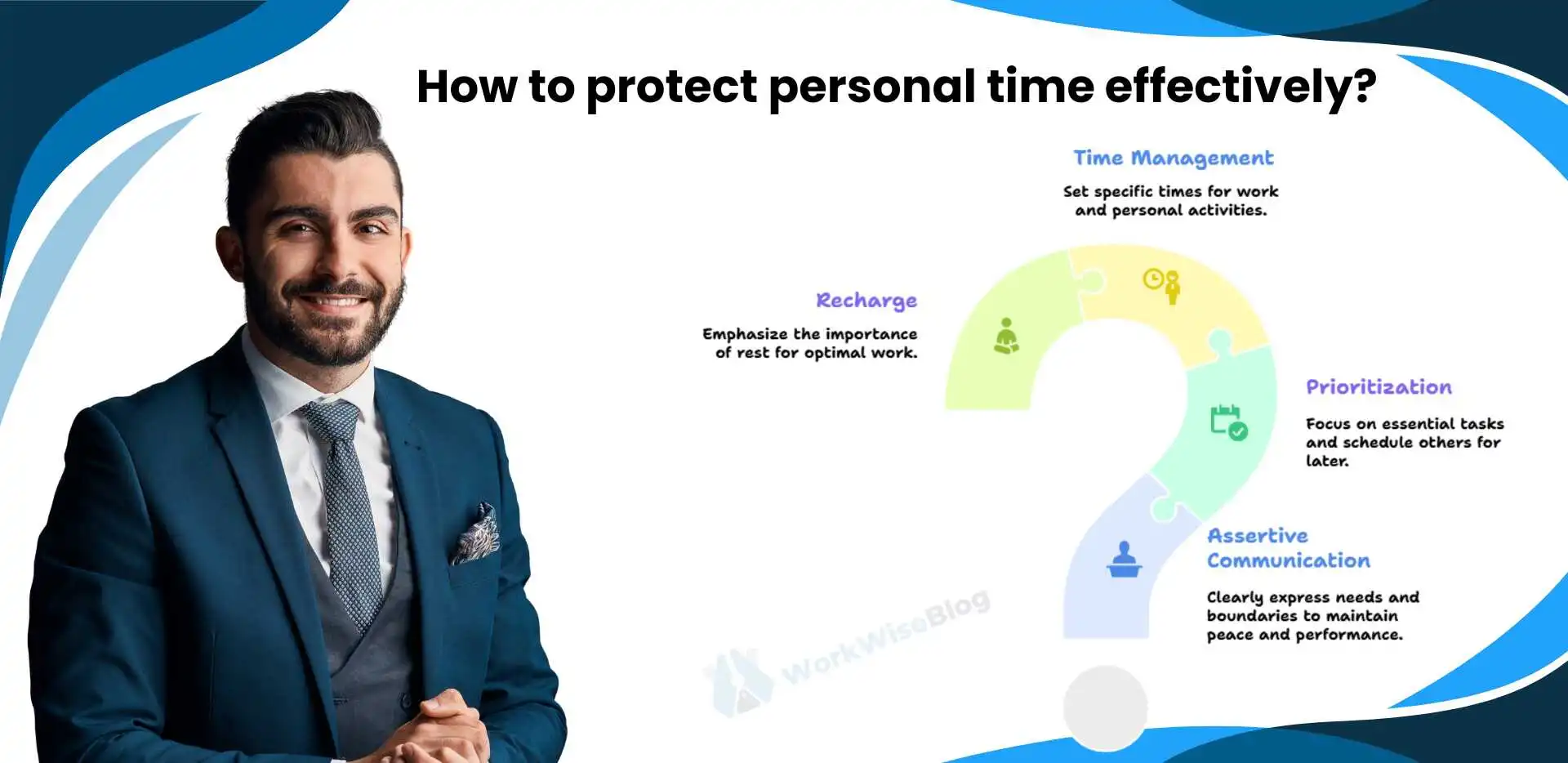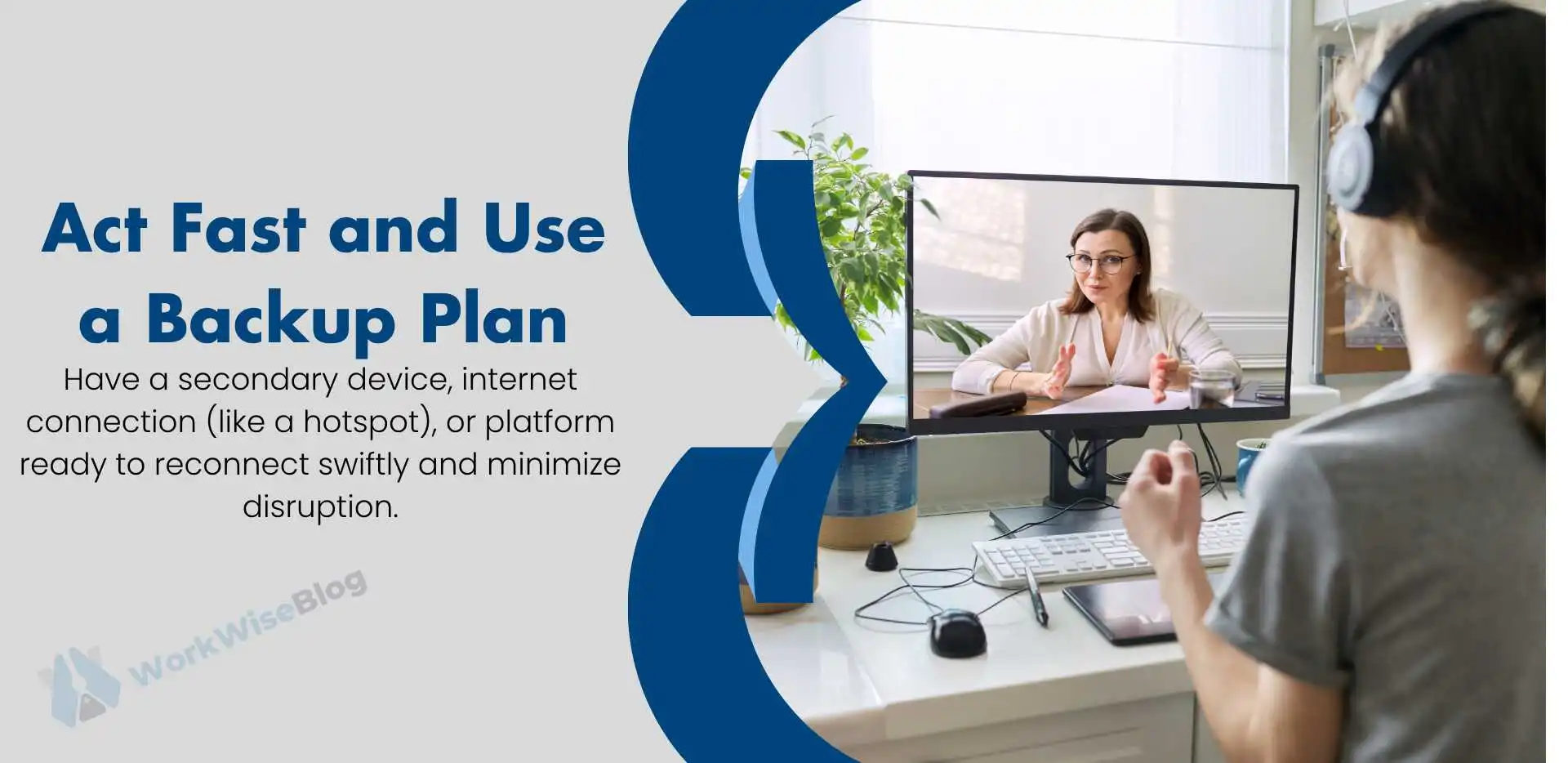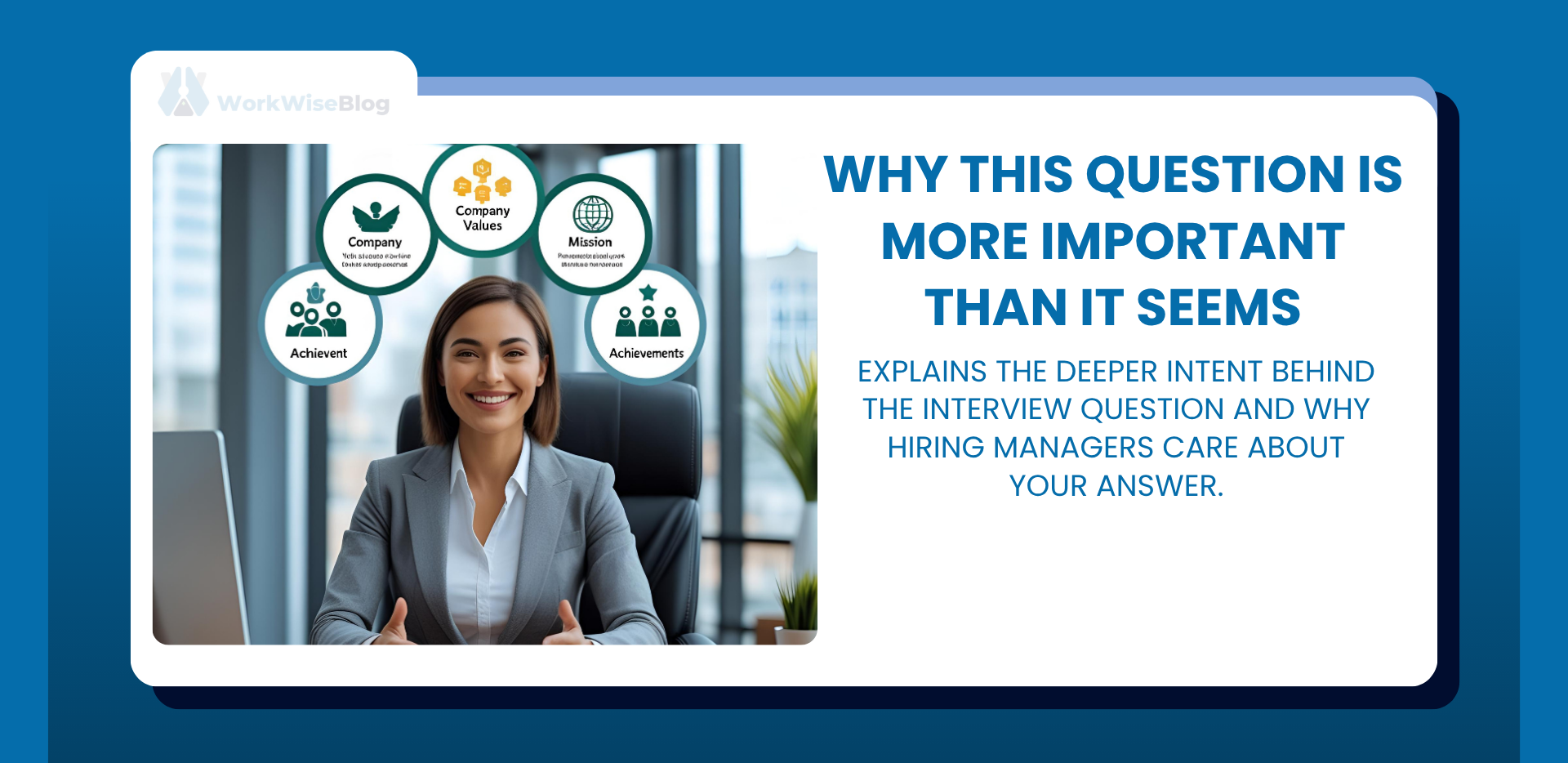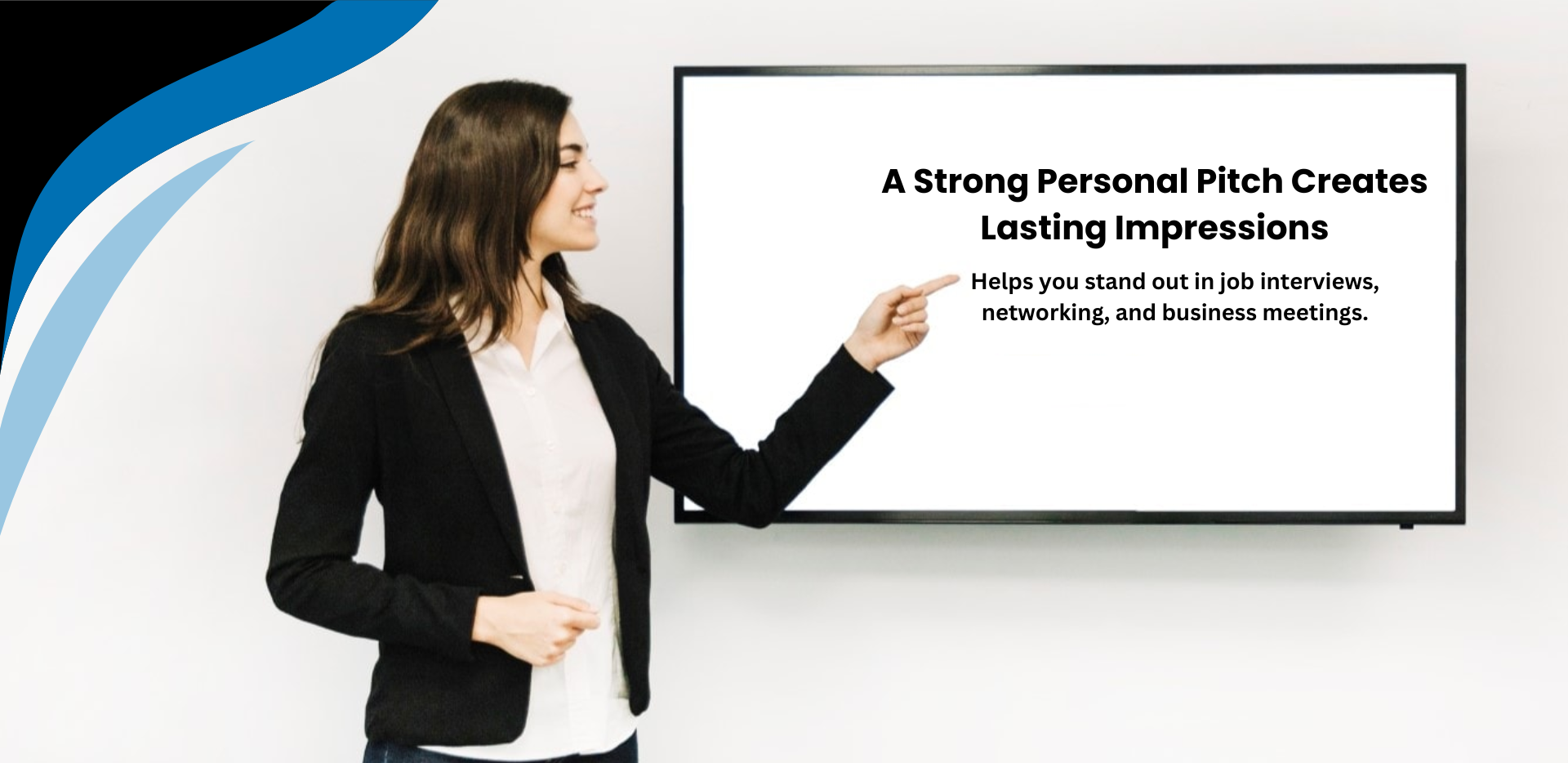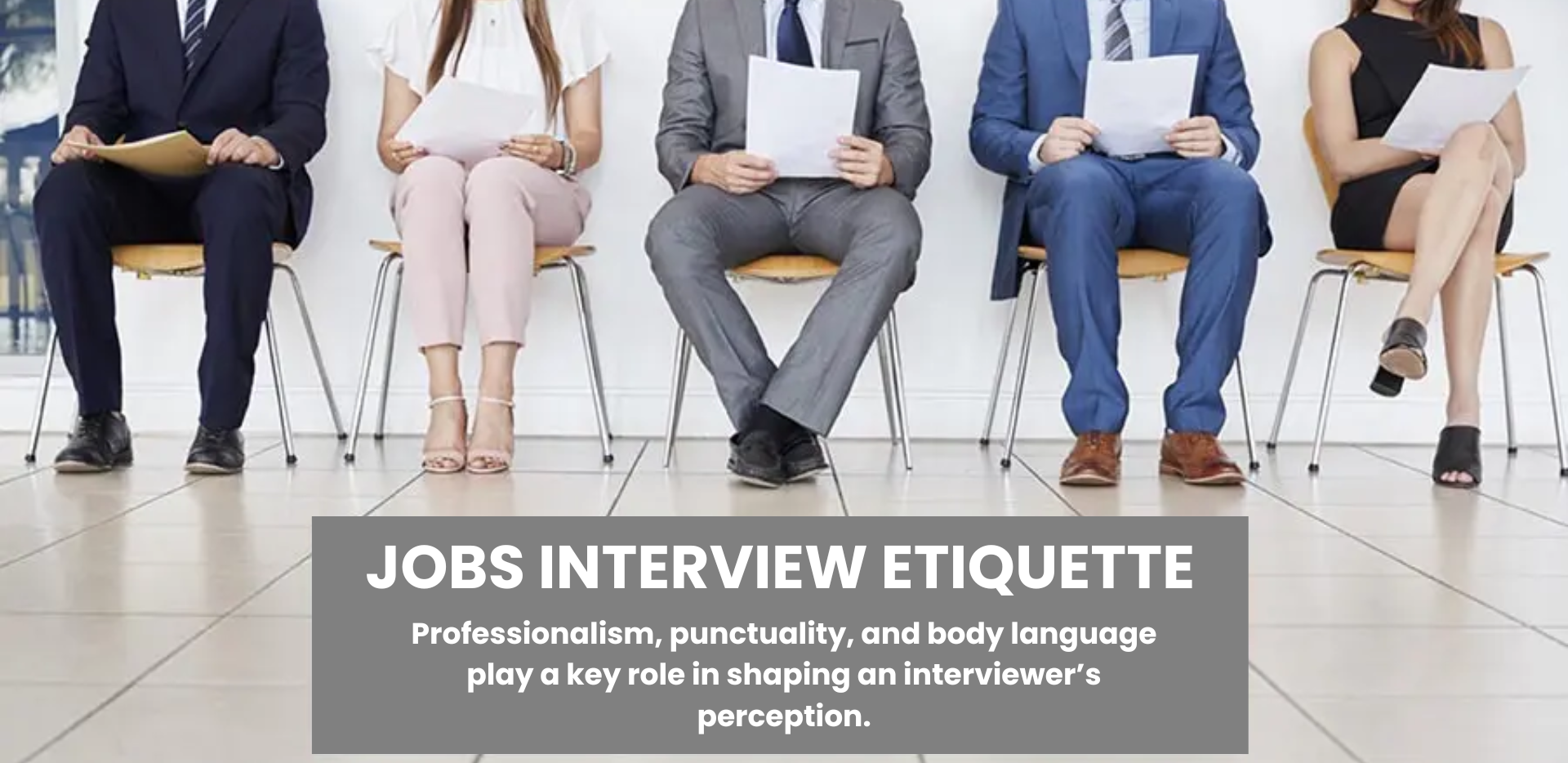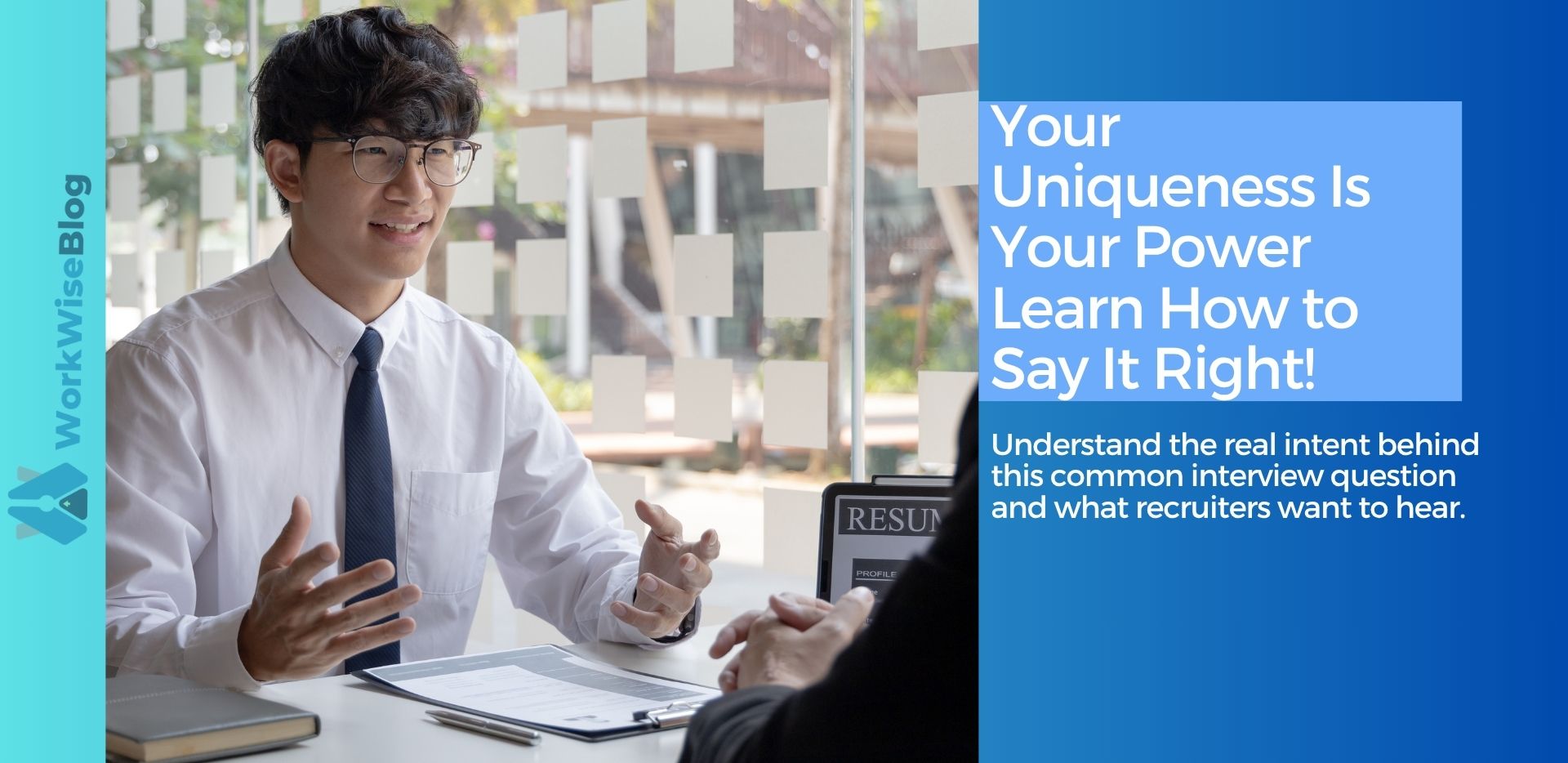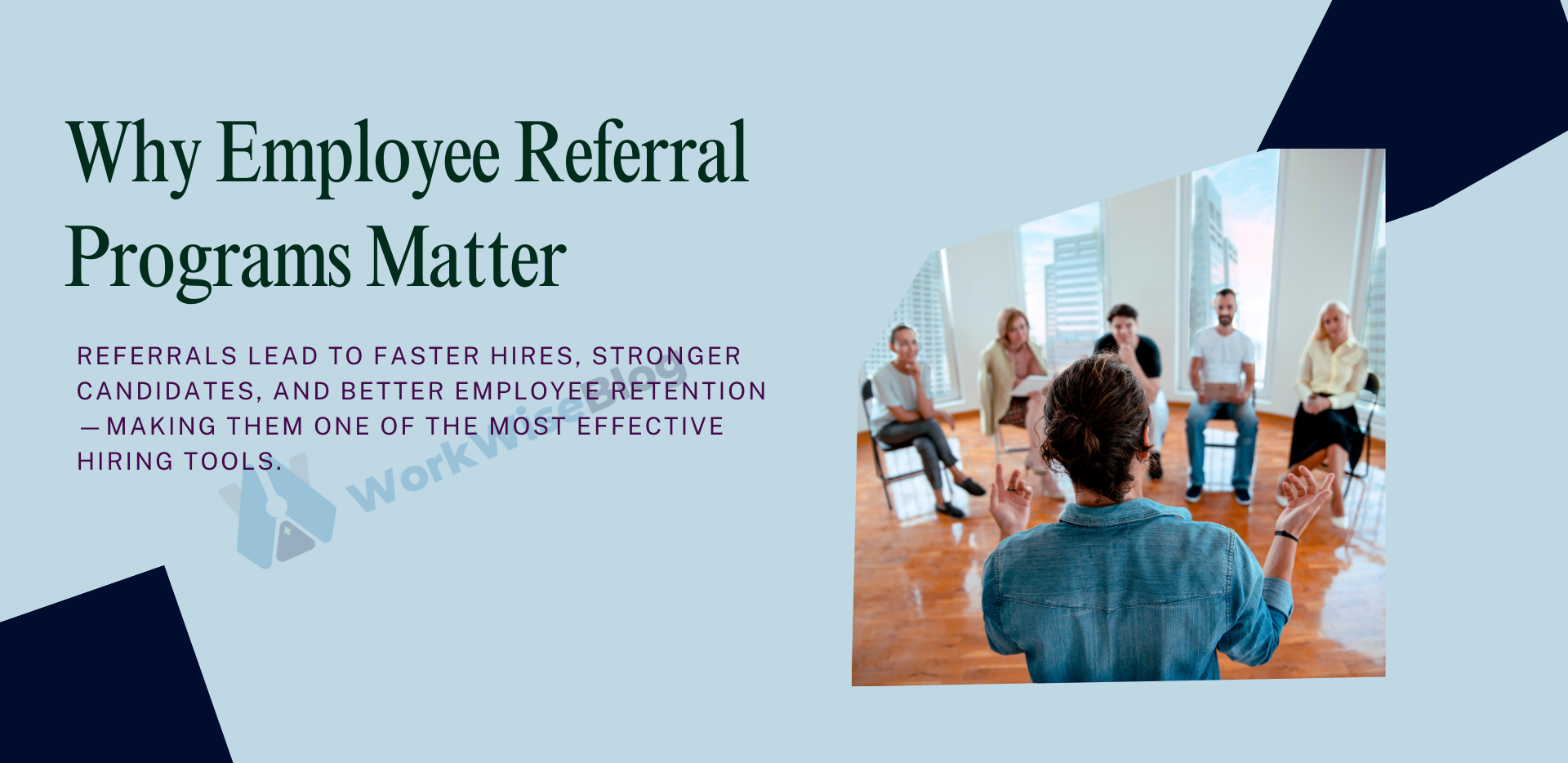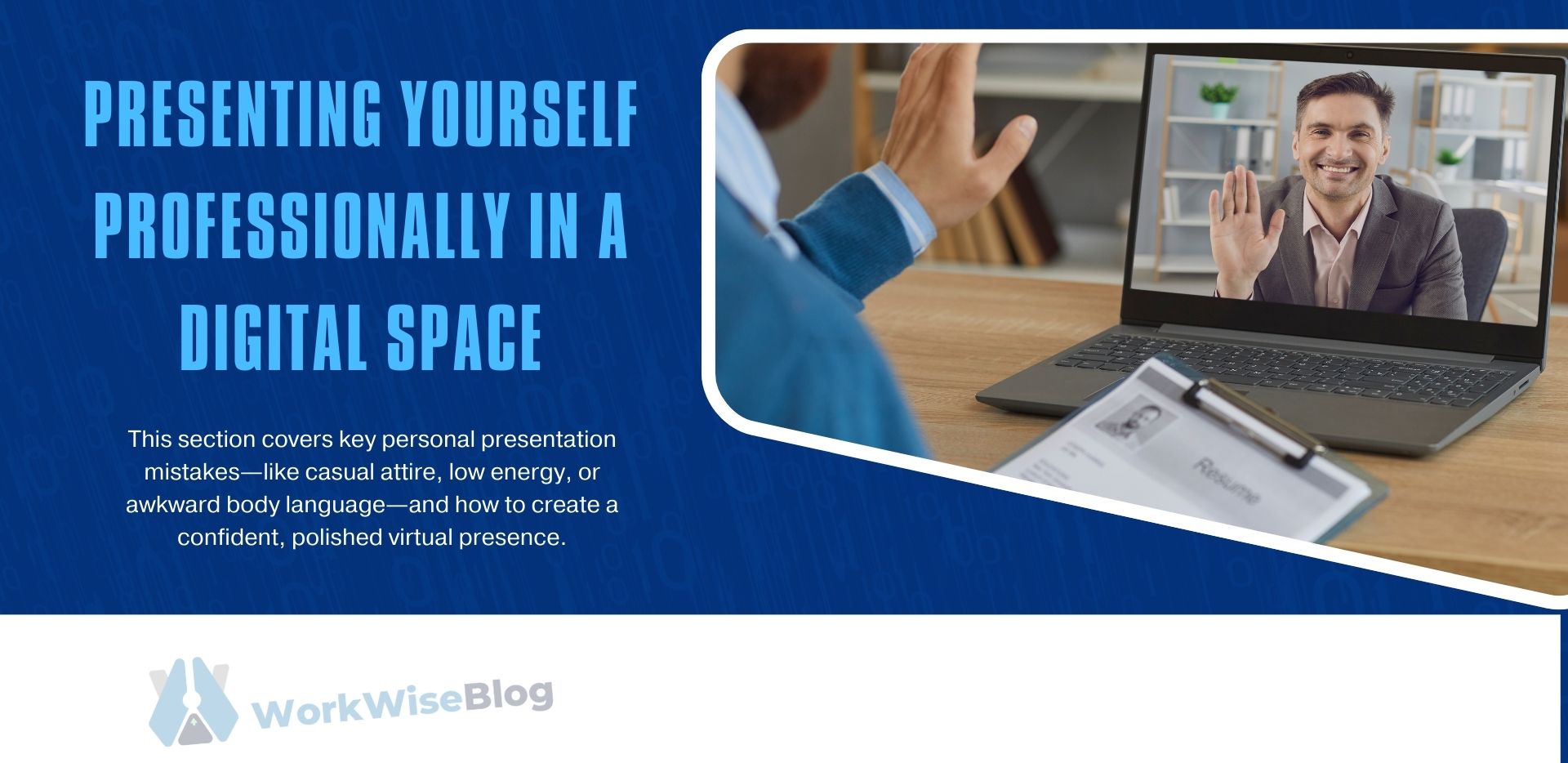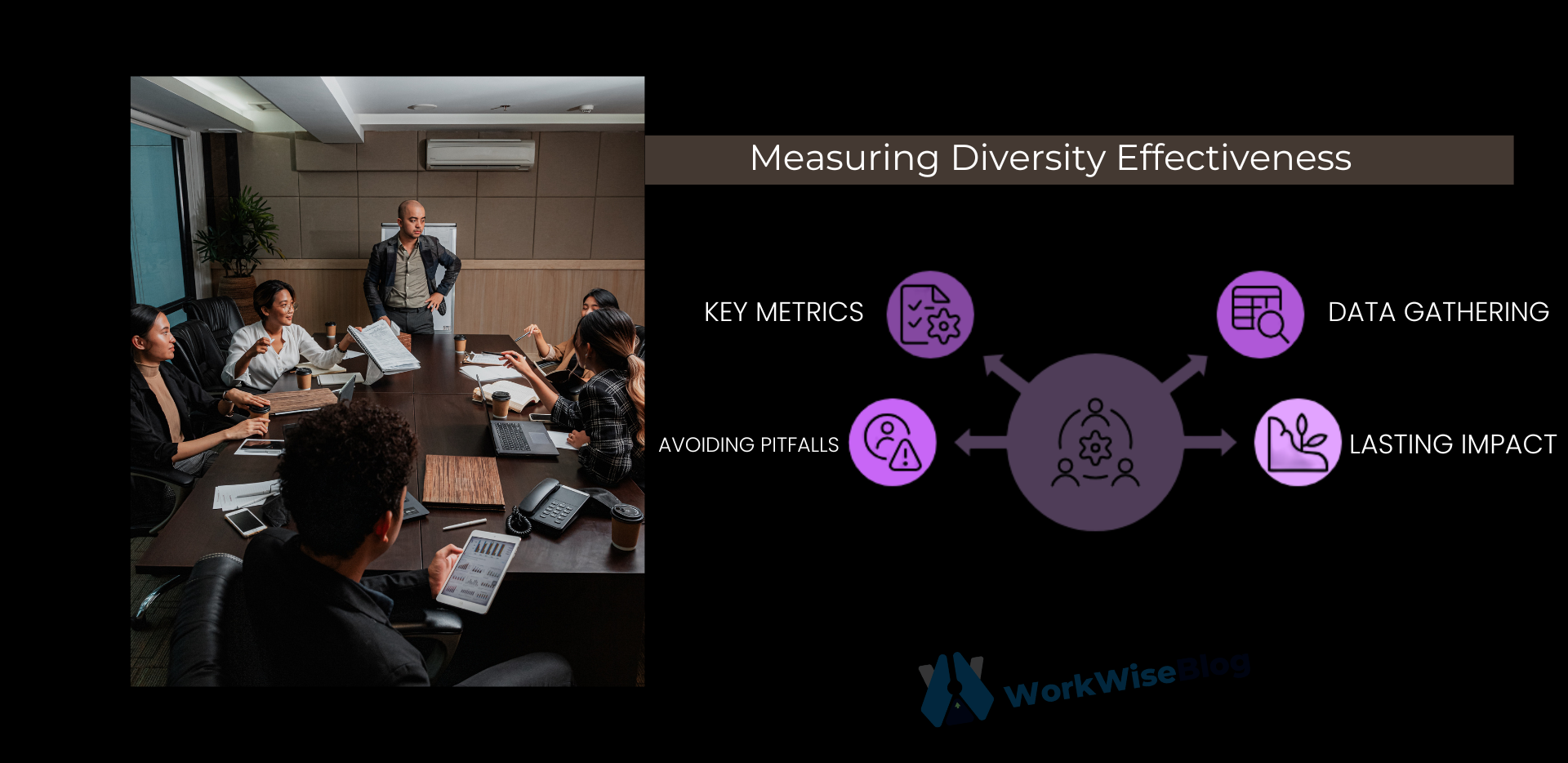In this blog, we’ll explore:
- What informational interviews are and why they matter
- How they lead to real job opportunities
- How to request and prepare for one
- What questions to ask during the conversation
- Common mistakes to avoid
- How to follow up and keep the connection alive
- What informational interviews are and why they matter
Let’s turn conversation into career momentum.
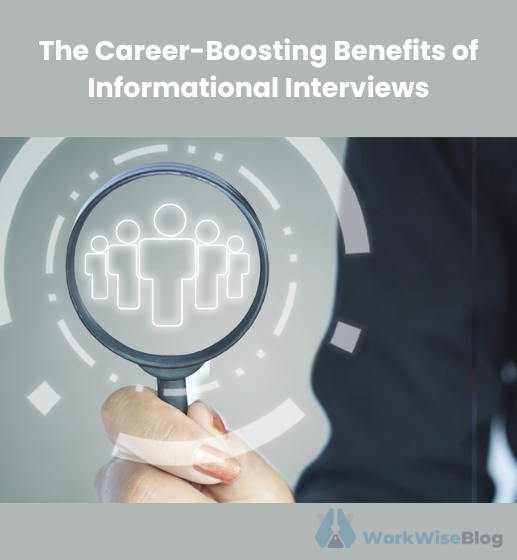
1. What Is an Informational Interview?
An informational interview is a short, professional chat—usually 20–30 minutes—where you speak with someone about their career, company, or industry.
You’re not asking for a job. You’re asking for insights.
This makes it a low-pressure experience for both parties. The person you contact is more likely to agree, particularly if they like mentoring or offering advice.

The goal?
To get real-world information, establish connections, and remain top-of-mind when opportunities present themselves.
2. Why Informational Interviews Are So Powerful
Here’s what makes informational interviews so valuable during a job search:
1. You Get Insider Knowledge
Job descriptions are limited. A conversation with someone working in the role gives you unfiltered insights into the real day-to-day work.
2. You Build Your Network
Every informational interview is a chance to grow your circle. And the more people who know what you’re looking for, the more likely you are to hear about job openings.
3. You Discover the Hidden Job Market
Most jobs are never advertised openly. Informational interviews may open doors to possibilities through referrals, expansion of a team, or future positions.
4. You Gain Confidence
Learning how others navigated their careers helps you make informed decisions—and build clarity around your own path.
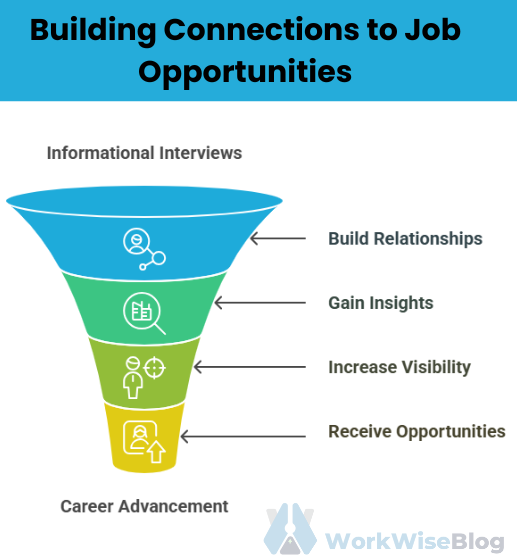
3. How to Find the Right People to Talk To
Not sure who to ask? Start with people who:
- Work at companies you’re interested in
- Hold roles you’re considering
- Graduated from your school or program
- Share mutual connections on LinkedIn
- Are part of professional groups or communities you follow
- Work at companies you’re interested in
Use LinkedIn, alumni directories, or even Twitter and local networking groups to find people. Most professionals are happy to help—if you’re polite and respectful of their time.

4. How to Request an Informational Interview (The Right Way)
Keep your message short, specific, and friendly. Here’s a simple example:
Subject: Quick Chat?
Hi [Name],
I admire your work in [industry/role/company] and would love to hear about your experience. I’m currently exploring career options in [field] and am gathering insights to help guide my path.
Would you be open to a 20-minute chat sometime this week or next? I’d greatly appreciate your time and advice.
Thanks so much,
[Your Name]
Tip:
Personalize your message. Mention how you found them and why you’re reaching out to them specifically.
5. How to Prepare for the Conversation
Just like a job interview, preparation matters. The more effort you put in, the better the conversation will go.
Before the Call:
- Research the person’s role, company, and career path
- Prepare 5–7 thoughtful questions
- Practice a quick intro about yourself
- Keep your resume nearby in case they ask for it
- Test your tech if it’s a virtual call
- Research the person’s role, company, and career path
6. Smart Questions to Ask During an Informational Interview
The best questions are open-ended and focused on learning. Here are some ideas:
- What’s a typical day like in your role?
- How did you get started in this field?
- What do you enjoy most about your job?
- What skills are most important in your role?
- How does your team usually hire new talent?
- What do you wish you knew before entering this industry?
- Are there any trends or changes in the field to be aware of?
- Can you recommend anyone else I should speak to?
- What’s a typical day like in your role?
Avoid asking:
“Are you hiring?” or “Can you help me get a job?”
That changes the tone and may make the person feel pressured.
7. What to Do After the Conversation
A great conversation isn’t the end—it’s the start of a relationship.
Always Follow Up:
- Send a thank-you email within 24 hours
- Mention a key insight you appreciated
- Keep the door open for future updates or questions
- Send a thank-you email within 24 hours
Sample Follow-Up Email:
Subject: Thank You – Great Chat Today
Hi [Name],
Thank you again for taking the time to speak with me today. I really enjoyed learning about your journey in [industry/company] and especially appreciated your advice on [specific tip they gave].
I’ll be sure to keep you posted on my progress and would love to stay in touch.
Wishing you continued success,
[Your Name]
8. How Informational Interviews Can Lead to Job Opportunities
When you connect genuinely and leave a positive impression, people remember you. Down the road, they may:
- Refer you to open roles
- Mention you to their HR team
- Connect you with hiring managers
- Invite you to apply before the job is posted
- Refer you to open roles
It’s not about “selling” yourself. It’s about building relationships that open doors.
Final Thoughts: Conversations Can Change Careers
Informational interviews aren’t just a career hack—they’re a smart, genuine way to learn, connect, and uncover opportunities that aren’t found on job boards.
With every conversation, you gain insights, build confidence, and increase your visibility in your target field.
Further Reading:
- Work Wise :Building a Network in a New Industry: Where to Begin
- Harvard Business Review : How to Get the Most Out of Informational Interviews

